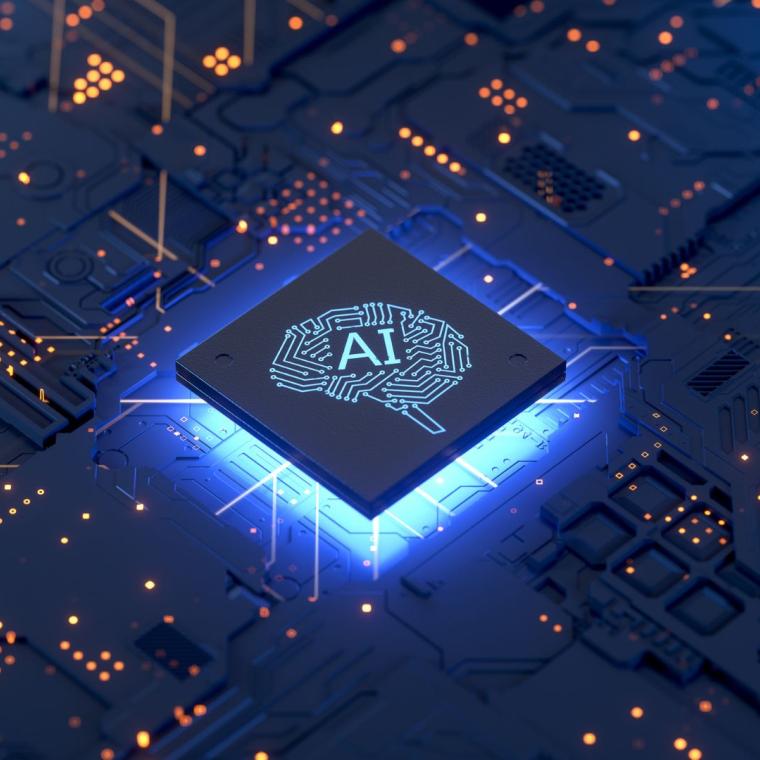
When we talk about AI having a presence in the boardroom, the typical notion is that it can be used to fulfil routine tasks and data analytics - minuting perhaps, market research or for those really looking to stay ahead of the curve, keeping abreast of international regulatory compliance obligations and risk exposure.
As the use of AI normalises and trust in its output increases, however, the conversation is increasingly turning towards AI acting as a replacement for directors themselves. According to a recent survey by Dataiku[1], an eye-opening 94% of CEOs believe AI could offer better counsel than a human board member, and 89% think AI can develop stronger strategic plans than some of their own executives. Some even said AI could replace several members of their leadership team for planning purposes.
Governance, ethics, and accountability in AI deployment
On the face of it, there are some clear benefits to this approach. AI does not need a salary. It doesn’t get tired or have personality clashes with other board members. It’s never too busy and it’s always present and happy to help, with no ego, no personal agenda and no emotional bias.
Despite this, however, the concept of autonomous board participation remains ethically fraught, raising some important questions of governance.
- Who bears responsibility when AI-informed recommendations yield adverse outcomes?
- How can boards ensure the integrity and neutrality of AI-generated insights?
- What safeguards exist to mitigate algorithmic bias or data-driven discrimination?
These questions are far from academic. They are foundational to the responsible integration of AI in corporate governance. Boards must treat AI systems as strategic actors subject to oversight, validation, and continuous ethical review. This will necessitate new competencies at the board level, including digital literacy, algorithmic ethics, and familiarity with emerging regulatory frameworks.
Leading organisations are already responding by incorporating AI governance into their board agendas. Some have appointed Chief AI Officers or established advisory roles to guide ethical implementation. Others are revisiting board composition to include expertise in digital systems and data stewardship—ensuring that governance remains relevant in an increasingly intelligent landscape.
The hybrid governance model: A glimpse ahead
So, where does that leave us on the question of whether AI will ultimately replace directors in the boardroom? The answer for the time being, at least, seems to be ‘no’, though it is likely to transform the skillsets that directors will need if they are to remain relevant.
In a hybrid model, for example, in which AI simulations explore the financial and regulatory implications of a merger, the directors’ role will focus more on assessing qualitative factors such as cultural alignment, contextual influences, ethical implications and reputational impact.
With this hybrid approach, a board can take a balance of ‘cold, hard data’ and blend it with the ‘softer’, director-led considerations – to make confident decisions in a reduced time period. In doing so, the company should in theory, make more informed decisions, be more agile and therefore be more competitive in the market.
Of course, the irony of this utopian governance vision is that for AI to make such an impact in the boardroom, it may require buy-in from the very directors whose roles will be put at risk from its adoption. Realistically, the advent of AI in the boardroom in the long term seems an inevitability. Whether AI replaces directors in the boardroom, however, will depend on an individual’s ability to recognise the value in adapting their skillset for the future.


